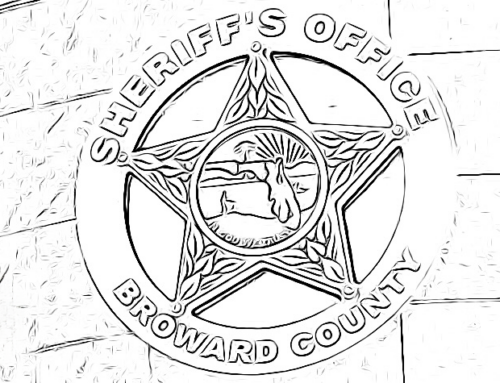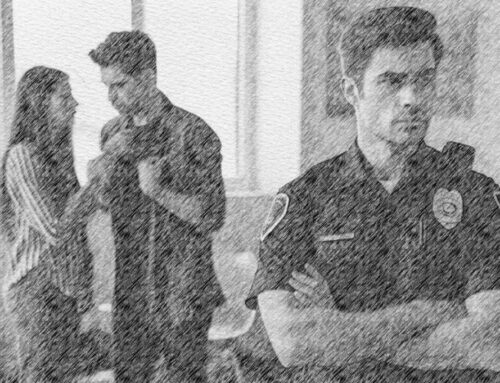Yes, it is generally legal to record the police in Florida as long as you are not interfering with their duties or breaking any other laws. This includes recording police interactions with the public, as well as filming protests and other public events.
Florida Law on Intercepting Oral Communications
Florida Statute 934.03 is the state law that governs the interception and disclosure of wire, oral, or electronic communications. The law makes it illegal to intercept or disclose the contents of any wire, oral, or electronic communication without the consent of at least one party.
Under the law, “interception” refers to the unauthorized recording or listening of a communication. In contrast, “disclosure” refers to the unauthorized revelation or transmission of the contents of a communication to a third party.
The law applies to all types of electronic communication, including phone calls, text messages, and emails, as well as to devices such as wiretaps and hidden cameras. It also applies to the use of computer programs or devices that are designed to intercept or disclose communications.
Violation of the law is a felony, punishable by imprisonment and fines. Exceptions to the law include instances where the interception or disclosure is authorized, such as in criminal investigations or national security matters.
Accordingly, under Florida law, it is legal to record audio and video of police officers in public as long as you are not physically interfering with their duties. However, you may not record audio without the consent of all parties involved unless you are recording a public event or conversation that is loud enough to be heard by others.
Police Can’t Confiscate or Destroy Your Recording Device
It is important to note that police officers may not confiscate or destroy your recording device, and they may not arrest you solely for recording them. However, if you are arrested while recording the police, you should consult with an attorney.
It is always a good idea to be respectful and courteous when interacting with the police and to follow any instructions they give you. If you have concerns about your rights or the actions of the police, you may wish to contact an attorney or a civil rights organization for guidance.








